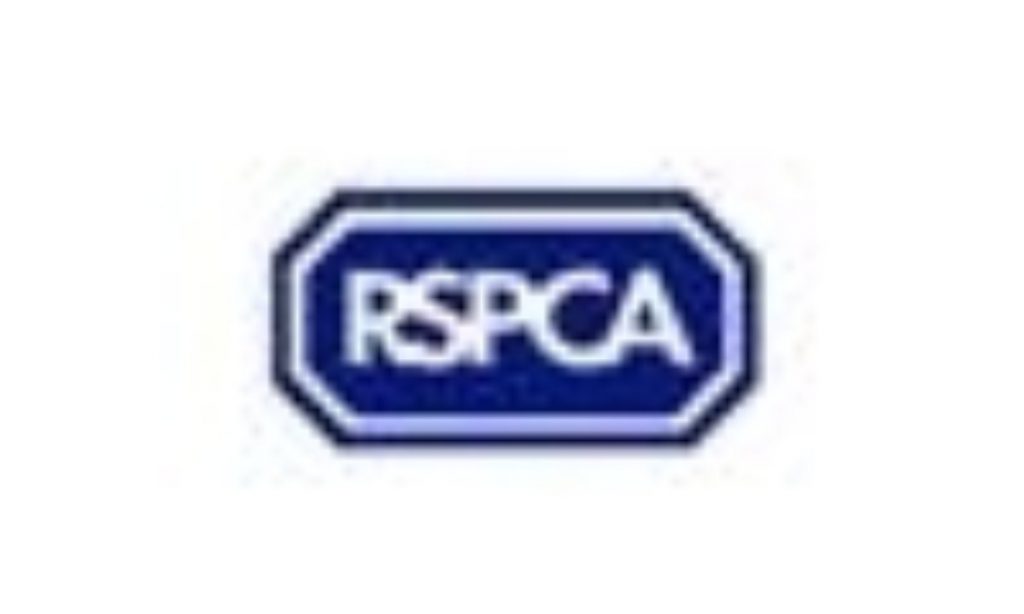RSPCA: On a wing and a tear – healed with a little bit of TLC
New RSPCA study helps bats survive injuries
Certain bats will be spreading their previously-torn wings for Halloween next week (October 31) after a new way of treating them was discovered.
A bat carer, based at an RSPCA wildlife centre found that even the most dramatic of tears down the wing can heal themselves if the animal is given some tender loving care.
Sarah Goodwin, from Stapeley Grange Wildlife Centre in Cheshire, said that the usual veterinary technique of stitching or gluing such tears together could cause issues with the bats removing stitches or glue when grooming.
She instead decided to care for bats which came into her care with wing injuries by keeping them warm, giving them antibiotics and feeding them vitamin and mineral-rich food. The veterinary nurse also restricted their flight and gave them time to rest and heal.
In nearly all cases she found that the wings had healed back together of their own accord.
Sarah said “I just couldn?t believe how fast the wings grew back together. It was amazing. All they needed was a bit of rest and care and their wing membranes healed all by themselves – ready for them to fly back safely into the wild.”
The bats used in the „Heal to Fly? project had been injured in various ways, including attacks from cats. Out of the nine bats which have been admitted with severe wing tears over the past year, five have been returned to the wild, and two died from other injuries. The remaining two are still in care but Sarah is hopeful that they can be returned to the wild soon.
On average it took around eight weeks for the healing process to work. Before they were released back to the wild, the bats were given increasing flight practise to build up their strength.
Since they were all adults, it is hoped their chances of survival back in nature are equivalent to those who have not been injured.
Sarah said: “They already knew how to fly before they were injured, and would not have lost this skill despite their time in captivity.
“We are all really excited by the results so far. They will have far reaching consequences to the way we and other bat carers care for bats and will give bats with such injuries a second chance.”
Notes to editors
? Images and interviews available on request. Please call 0300 123 0244/0288
RSPCA, Wilberforce Way, Southwater, Horsham, West Sussex RH13 9RS
Press office direct lines: 0300 123 0244/0288 Fax: 0303 123 0099
Duty press officer (evenings and weekends) Tel 08448 222888 and ask for pager number 828825
Email: press@rspca.org.uk Website: www.rspca.org.uk





-01.png)